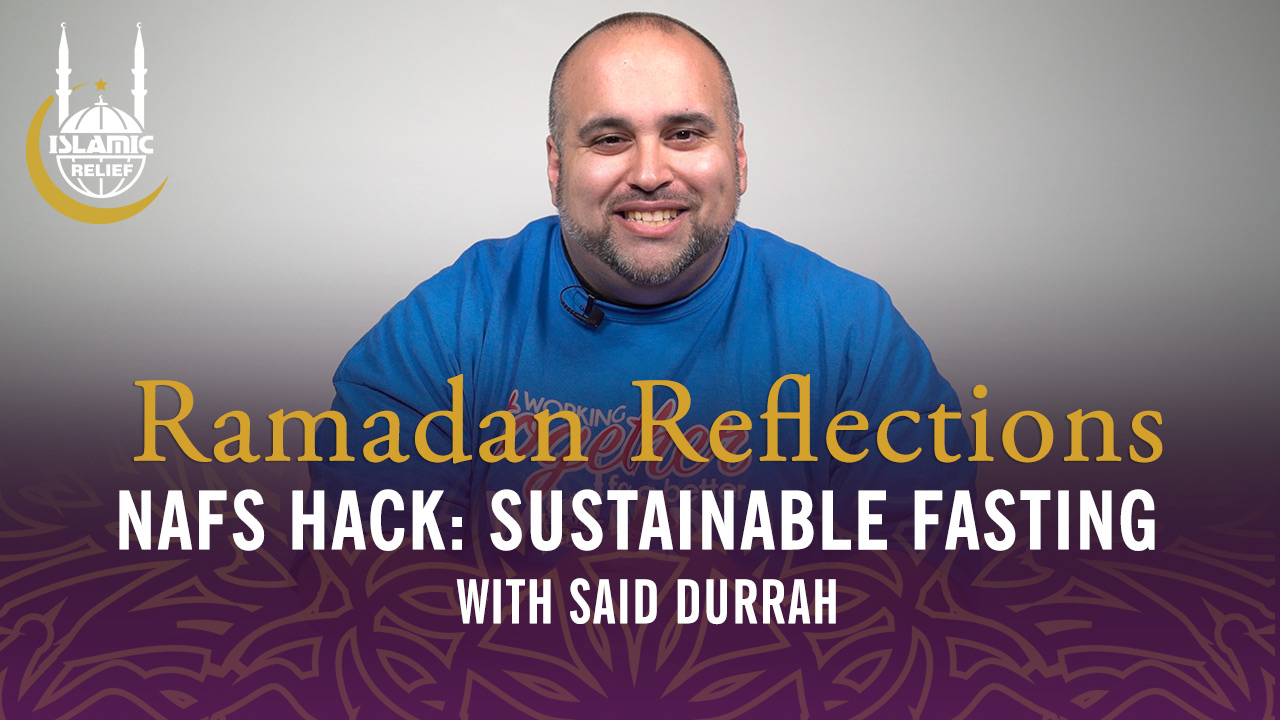6 Tips on Raising Humanitarian Children

From stories about wars and refugees to government corruption and crime rates, we are surrounded by what seems like a barrage of negative news stories these days. It can be scary being a parent in today’s world and as parents, we sometimes wonder what kind of world we’ve brought our children into. We don’t have to passively worry for our children, instead, we can try to raise them to be the good that may be lacking in the world.
A humanitarian is a person who promotes human welfare and social reform, a person who is devoted to the health and happiness of other people. Explain to your children what a humanitarian is and what humanitarians do in a way that will click with them. Here are a few practical ways to raise little humanitarians:
-
Start small. Teach kids to practice kindness by helping those in need (i.e. help a neighbor carry groceries, help their friend carry books, help teacher pass out papers, help sibling clean up a mess) without expecting anything in return.
-
Explain the difference between sympathy and empathy. This can be a tricky concept to explain to kids because they are very similar concepts and are often confusing even to adults. Sympathy is the act of feeling sorry for someone. Empathy is the act of understanding and caring about how someone is feeling. One is passive while the other is active.
-
Model humanitarian behavior for them. Kids look up to parents and want to emulate their behavior. If you are involved in charity or volunteer work, talk to your kids about it and if they are old enough, consider involving them in some age-appropriate activities where you can volunteer together or as a family. This is a great way to be an example of what it means to be a good citizen and a humanitarian.
-
Don’t try to shelter them too much. As parents, we instinctively want to shield our children from all the bad things happening around our world. The problem with this is, kids still get exposed to this information through second-hand sources (friends, overhearing adults talking, listening to the news, etc). It’s good to have open communication with kids, and when it comes to current events, it’s a good idea to have a daily conversation about what is happening in the world to help your kid digest it and understand it at an age-appropriate level. This has two benefits- you know what they are thinking and if there are any issues they are feeling especially anxious about and you are the one to explain it to them rather than a friend who may put their own spin on things. You don’t have to go into great detail, but if your child asks a question about a current event or something happening around the world, sit down and research it with them so they can be empowered with knowledge.
-
Charity. Teach them to put aside a portion of their savings for those less fortunate. If they get money for their birthday or holidays, suggest putting a little bit aside to donate to a worthy cause. Allow them to choose who they want to donate the money to by researching different organizations together. If you are at the masjid, let your child put a little sadaqah money in the box every time you visit. Teaching children to give freely from a young age allows them to understand the importance of having a responsibility towards those who are not as fortunate.
-
Read books about humanitarians. Most kids love reading books with their parents and there are plenty of children’s books about humanitarians that you can read together with your child. Going to the bookstore or library allows them an opportunity to find role models to look up to and learn about. Some suggestions:
- The Who Is/Who Was series is great for kids ages 9 and up and they have a wide range of people (everyone from Gandhi and Malala to Harriet Tubman and Nelson Mandela)
- Martin’s Big Words: The Life of Dr. Martin Luther King, Jr. by Doreen Rappaport (a picture book biography about the life of Dr. Martin Luther King Jr. suitable for kids ages 5 and up)
- Irena’s Children: Young Readers Edition; A True Story of Courage by Mary Cronk Farrell. I haven’t read this one, but it sounds like an awesome book for older kids (grades 6 and up). It’s a story about a Polish woman named Irena Sendler who saved 2500 Jewish children during the Holocaust.
- Be a Changemaker: How to Start Something That Matters by Laurie Ann Thompson is a good book for a teen or preteen who wants some guidance on being socially aware and active.
- The Kid’s Guide to Service Projects: Over 500 Service Ideas for Young People Who Want to Make a Difference by Barbara A. Lewis is a great book for younger kids (8 and up) to come up with ideas and projects to benefit their community.
Are you a mom raising awesome young humanitarians? Comment below with your tips!




